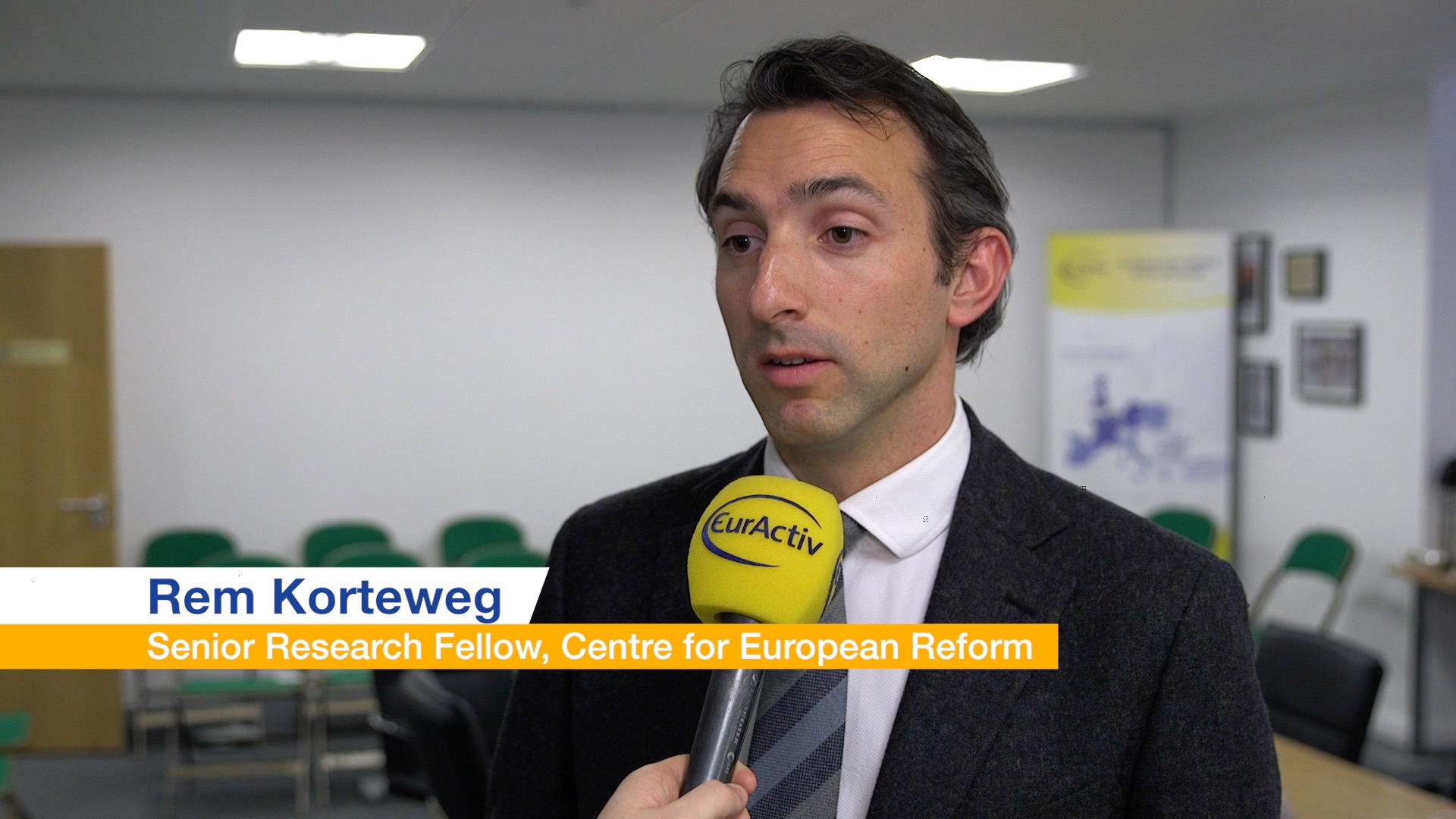The trade secrets directive will generate legal certainty for European innovators by creating a secure environment where valuable know-how can be exchanged, writes the Trade Secrets and Innovation Coalition (TSIC).
The Trade Secrets and Innovation Coalition (TSIC) was formed in 2010 to raise awareness around the importance of trade secrets for industrial innovation and growth, and the ever-increasing damage that their theft is imposing on European industry. It comprises today Air Liquide, Alstom,DuPont de Nemours, General Electric, Intel and Michelin. The coalition has been working with the European Chemical Industry Council (CEFIC), Europe’s 500, BusinessEurope, the European Semiconductor Industry Association(ESIA), and the International Fragrance Association (IFRA).
Think of the formula for a perfume, the recipe for a sports drink, the specific harvesting techniques of silkworm thread or the composition of a household lubricant. Think about a client price list, the blueprints for a prototype, or a state-of-the art manufacturing process perfected over the years through trial and error and considerable R&D investments.
All of these are trade secrets as they are not widely known within an industry and in that way, they give a company a competitive advantage over its rivals.
Today, roughly 90% of industrial innovations rely on trade secret protection, yet there is currently no EU-wide protection against their theft and the products or services based on stolen trade secrets enter the internal market.
What’s more, misappropriations are increasing: 25% of companies reported theft of their know-how in 2013 compared to 18% in 2012 (Kroll, Global Fraud Report 2014). Trade secrets do not produce exclusive rights, like patents do, but they are strategically important to business growth, competitiveness and innovation. They are crucial for SMEs whose innovations are often incremental in nature. In addition, small businesses lack specialist resources to obtain and manage registered intellectual property rights.
So after five years of discussions within the EU institutions, Members of the European Parliament will vote in plenary in April on the proposed Directive to protect undisclosed know-how and business information (trade secrets) against their unlawful acquisition, use and disclosure.
In practice, what will this Directive mean? It will ensure that the 28 different national rules on the protection of trade secrets are harmonised in order to help companies of all sizes to effectively protect themselves against dishonest practices in the internal market.
It will establish a common definition, confidentiality in legal proceedings and comparable levels of redress across the EU. For example, a German SME will be able to take a competitor to court based in Belgium which misappropriated its know-how. Access to documents and hearings in court proceedings can be restricted for confidentiality purposes, but they will always involve one person from each party to guarantee the right of the defence in a fair trial.
If the defendant is found guilty – the burden of proof remains on the side of the plaintiff – the judge may prohibit the infringing good from being produced, offered or placed onto the market. If it is a chip in a laptop, the judge could order them to be stripped from the infringing component to ensure that the whole supply chain is not penalised by one misbehaving actor. Judges may award damages to the plaintiffs but will have to assess their proportionality and the specific circumstances of each case.
Who will the Directive benefit? This harmonisation effort will generate legal certainty for European innovators by creating a secure environment where valuable know-how can be exchanged. This is important for creating European jobs and stimulating growth.
In the current legal patchwork, businesses refrain from developing partnerships with companies or Universities across borders, or funding start-ups in markets with little or no protection for trade secrets. The Directive will discourage misappropriation attempts, especially those originating in countries outside the EU. This proposed law would equally give the EU the credibility to convince trade partners to recognise and protect trade secrets.
The agreement which was swiftly reached by the Greek Presidency demonstrated the strategic importance that EU Member States attached to this legislation. However, in the wake of the Luxleaks scandal, the European Parliament sought to clarify the work of the Commission and the Council and considerably strengthened the existing safeguards for journalists, employees and EU citizens:
- It protects whistleblowers, journalists and their sources. Even if trade secrets are acquired unlawfully, their disclosure is lawful if it reveals a misconduct, wrongdoing or illegal activity in the general public interest.
- It clarifies that nothing in this Directive offers any grounds for restricting labour mobility. Employees may use their knowledge, skills and experience when moving to a competitor within the same sector. This know-how is very different from a USB stick containing stolen confidential business information like your marketing plans or your pricing strategy.
- It enshrines the transparency of regulatory data for example in the field of health and environment. This Directive guarantees, as it is currently the case, that both EU and national regulatory bodies will have access to such data.
These safeguards were maintained in the final trilogue text and were approved by all the major political groups in the Parliament’s JURI Committee in January 2016; it is now up for a plenary vote in April.
Now is the time to ensure that European know-how is adequately protected against dishonest commercial practices. Now is the time for EU legislators to adopt a directive that will contribute to Europe’s innovation efforts, strengthen its knowledge economy, promote fair competition and facilitate the free-flow of know-how across the internal market.
Powered by WPeMatico


